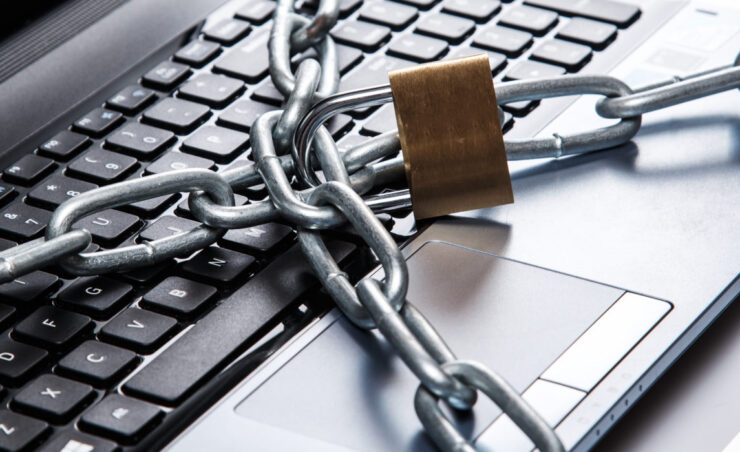Today, a huge part of our lives exists solely online. This is the space where we conduct most of our business activity, communication, shopping, research, and pretty much everything else. Yet, not many people are concerned or even ever think about how such a transition online can impact their privacy. How much protection or safety should we expect to enjoy while having our lives online? Well, recent events and revelations show that we should not get our hopes too high. The Internet is a wonderful and very powerful tool. Its influence and impact on our offline lives are growing every day. Yet, it’s not something we can treat carelessly or without any precautionary measures. Here’s why we should always care about online privacy and how to achieve it.
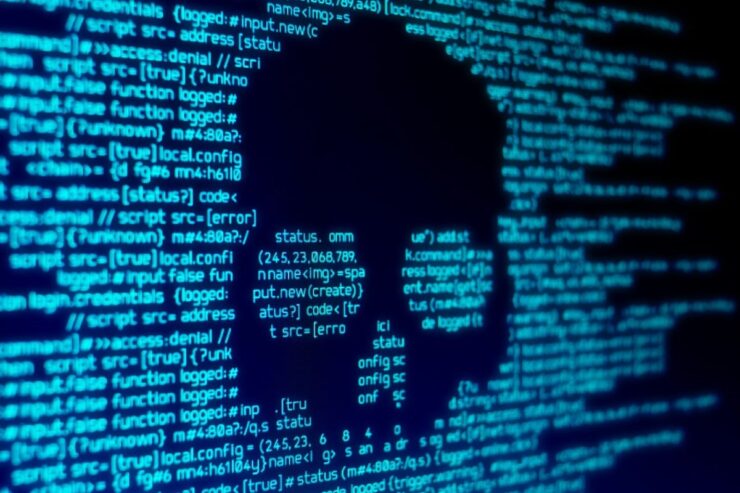
“What if I don’t have anything to hide?”
The most common comment in the conversation about online privacy comes from ignorance rather than concern. People often say, “I don’t have anything to hide. Why should I be worrying about Internet privacy?” Well, let’s start by saying, everyone has something to hide. These days, we spend nearly a third of our lives online. That’s where we keep our personal information, bank data, documentation, etc. Maybe we don’t need to hide it per se, but we do need to protect this data from the rest of the world.
As recent events have shown, whether you believe “you have nothing to hide” or not doesn’t matter much. The data collected on you can be priceless to numerous organizations around the world. This is how your data is used against you by corporations or even governments. The lack of privacy makes you vulnerable to fraud and mistreatment both online and offline. That’s how you can fall into an information vacuum. This is how the privacy leak can lead to voting manipulations. Everything is due to the poor understanding of online privacy among users and its impact on the real world.
Also, by saying, “I have nothing to hide,” you actively ignore the rest of the people. Everyone deserves their right to privacy, just as the right to live or enjoy free speech. Sure, certain limits should be present in every rule. However, unless Internet users violate any laws or pose a danger to others, they should be able to enjoy privacy online.
Thus, saying such a statement is more of an affirmation designed to make you feel safer online. It is in no way the truth. It won’t help protect your safety (online and offline), data, and valuable personal information. If anything, it may help you sleep better at night while leaving your online privacy vulnerable to all kinds of fraud or evil intentions.
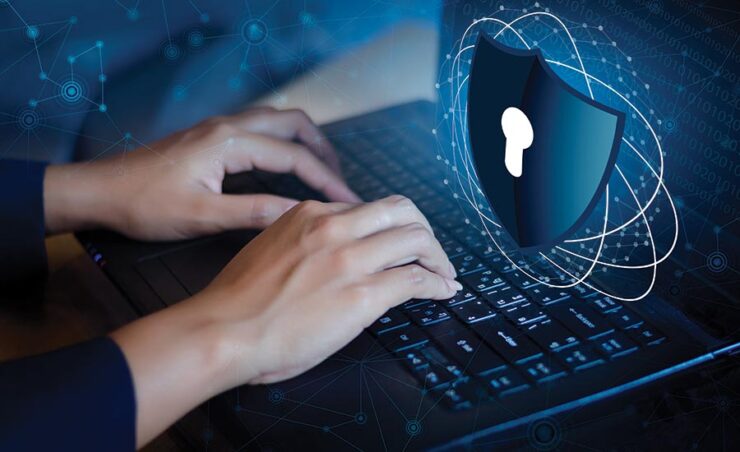
The downfall of interconnectivity
The Internet brings people closer. That is what it is always praised for and why it’s so great. Sure, interconnectivity is an incredible factor that allows people to stay in touch, learn more about different cultures, political views, and people. Yet, there is an obvious downfall to this. The Internet brings all people closer. And while many of them can be great and kind people, not all will be like that. The truth is, you can never be too sure who is on the other side of the screen. Hence, Internet safety measures should protect you from real-life dangers.
Unfortunately, though, people have become so used to the Internet that the line between online and offline worlds has significantly blurred over the years. Today people don’t think twice about sharing their live locations, commute routes, or giving away information about their housing, schools, etc. All this information is getting revealed to any stranger online and can become a real-life threat in the wrong hands. Sadly, not many people, especially the youth, are concerned about such small details when posting on social media or making live streams.
Tips to stay safe online
Now, as you know the dangers awaiting you online, it will be smart to learn a few tips on keeping yourself safe. Here are a few simple solutions you can follow to keep your Internet privacy in check.
VPN
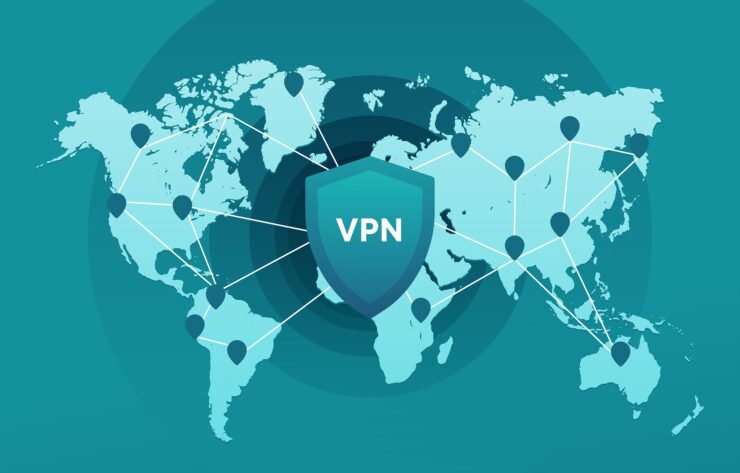
First of all, learn about VPN and how to use it. This software can help you hide your online presence and increase your online safety. For example, think of the exposure you allow when doing any important operations, such as bank management or shopping, when on public Wi-Fi. All VPN applications are designed to enhance online security and privacy. So, they will help you keep your online whereabouts to yourself and prevent any hacking attacks or malware.
Value your personal data
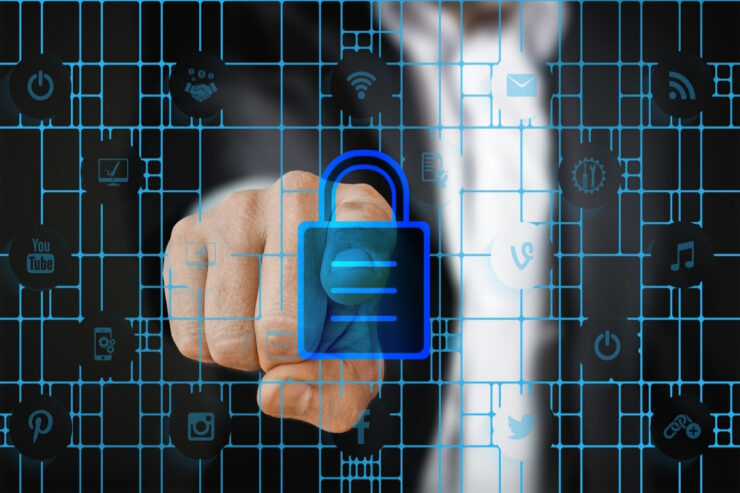
Some things you can’t take back once they are out there in the wild. You can’t take back the data you have sent out online. Hence, it is better to be extra careful about where you are willing to share your bank accounts, credit cards info, or similar data. For example, you should shop only from reliable, respected sites. Also, be careful about giving access to your data when installing new applications and programs.
Be careful with your intellectual property
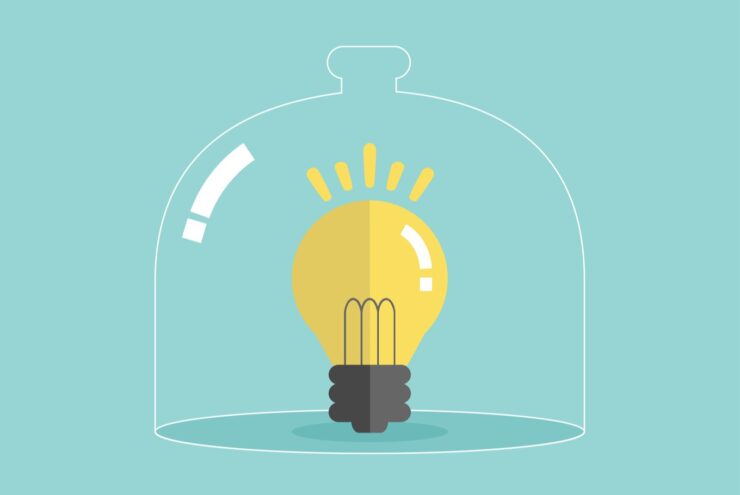
Just being cautious and smart about what you post and how much personal information you share will help you protect your privacy and property online. For example, many students suffer from fraud when they write essays online. You just need to be careful about where you post it. For example, don’t post it on unprotected sites that allow easy plagiarism of your work.
Also, don’t send your works for proofreading and editing to unknown sites. Use services with reviews and a good reputation, like homeworkfor.me, instead. In addition, be careful about sharing your documents with just about anyone. You can do a perfect paper, but suffer from plagiarism because you don’t care about privacy enough.

